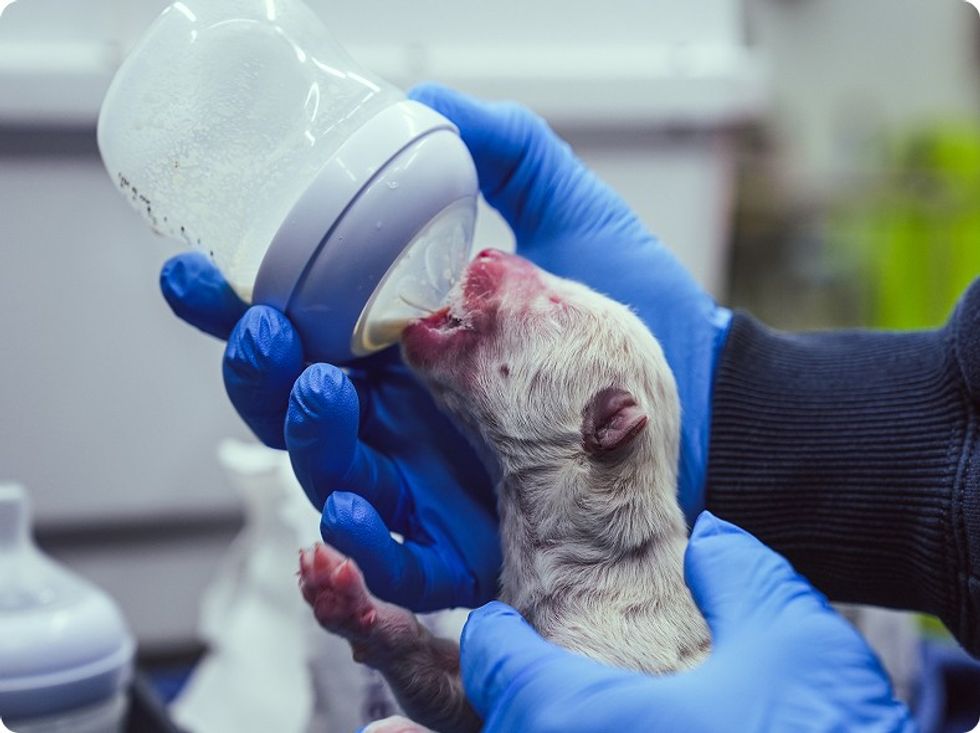THE human rights watchdog in the UK will examine racial inequalities in healthcare sector in the country to find out why lower-paid health and social care workers from ethnic minorities are at greater risk from coronavirus.
The Equality and Human Rights Commission (EHRC) will look at the experiences of health and social care workers to understand the "structural issues" in the sector, reported the BBC.
People from black, Asian and other ethnic minority groups are twice as likely as white people to be infected. They are more likely to need intensive care and to die from the virus.
Factors such as the availability of workplace training, use of risk assessments, role of institutions like the NHS, local authorities, umbrella bodies and private firms that deliver care will be probed as part of the investigation.
"The pandemic has exposed racial inequality across the country. We know that ethnic minority groups are over-represented in lower-paid roles and the effect of the pandemic on those working in these jobs in health and social care is a life and death issue," Rebecca Hilsenrath, chief executive of the EHRC, told BBC.
The inquiry will make recommendations for other sectors such as education, employment and housing where ethnic minorities are over-represented in lower-paid roles across England, Scotland and Wales.
It will also conduct a legal assessment of the Home Office's "hostile environment" immigration policies.
Minorities make up some 14 per cent of all key workers, who cannot work from home. They are more likely to live in urban areas, with less living space, where transmission rates of Covid-19 are higher.
Government analysis published in August found people of Bangladeshi ethnicity had about twice as high a risk of death from Covid-19 as white British people.
People of Chinese, Indian, Pakistani, other Asian, black Caribbean and other black ethnicity had between a 10 per cent and 50 per cent higher risk of death when compared with white British people.
Last week, a report by the Labour Party authored by Baroness Lawrence said Covid-19 has "thrived" among black, Asian and ethnic minority (BAME) communities because of structural race discrimination.
Her comments came after a Public Health England report published in June said factors such as racism and health inequality may have contributed to their increased risk.
According to government adviser Dr Raghib Ali not only structural racism but focusing on other factors including jobs and housing conditions would help more people.
Equalities Minister Kemi Badenoch said higher transmission rates among BAME groups appeared to be down to "a range of socio-economic and geographical factors", including exposure at work, population density and household composition, as well as pre-existing health conditions.




















 The project represents the first successful demonstration of the company’s complete de-extinction processColossal Biosciences
The project represents the first successful demonstration of the company’s complete de-extinction processColossal Biosciences The new arrivals: Two six-month-old males named Romulus and RemusColossal Biosciences
The new arrivals: Two six-month-old males named Romulus and RemusColossal Biosciences